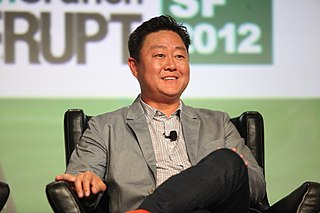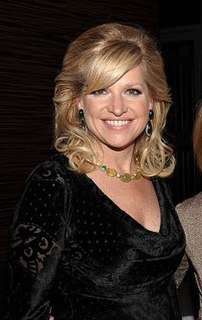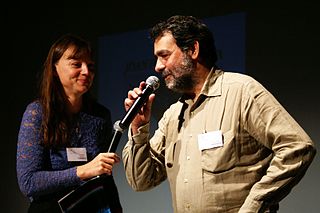A Quote by Madhuri Dixit
Women need to be empowered through the strongest tool - education. They don't need to be subservient to anyone, but at the same time, men must change their mindset towards women. If they are more respectful towards them, then things will change at the grassroots level. It will happen slowly, but everyone has to move together.
Related Quotes
Men will shop, but they only shop when they need something. Women shop with passion and because it's enjoyable, and for some, it's even entertainment. All you have to do is step into a mall and see how many stores are geared towards men and how many are geared towards women, and you'll get the picture.
I think we have to continue to protect women on social media, who are coming out in a world that can still be very harsh towards them, so that they do not feel that they are alone. And of course, some of these attacks happen on social media, so we do need to provide a counter narrative - a supportive narrative - so that the voices of those that are punitive towards women does not become the dominant voice.
People must have freedom and at the same time they must have security. They must not be using freedom to fight with each other. When they have security of the mind, their fears will subside, and their mistrust of others will also decline. There will be no need to worry that somebody will be looking at you with jealousy. They won't have to worry that someone will report some lies to their superiors and get them into trouble. This fear of being unjustly punished would disappear and I believe confidence and trust will mount and people will have more love and respect towards one another.
There are things about ourselves that we need to get rid of; there are things we need to change. But at the same time, we do not need to be too desperate, too ruthless, too combative. Along the way to usefulness and happiness, many of those things will change themselves, and the others can be worked on as we go. The first thing we need to do is recognize and trust our own Inner Nature, and not lose sight of it.
Women while in college ought to have the broadest possible education. This college education should be the same as men's, not only because there is but one best education, but because men's and women's effectiveness and happiness and the welfare of the generation to come after them will be vastly increased if their college education has given them the same intellectual training and the same scholarly and moral ideals.
Photography mirrored the [nineteenth century] will towards rigor, towards defining details, the need for miniscule description, the long-distance optics, for technology at the service of truth, for concepts of credibility, of objectivity, the need to archive, for the consolidation of institutions like the museum, in short, towards a need to control memory.
The world has enough women who are tough; we need women who are tender. There are enough women who are coarse; we need women who are kind. There are enough women who are rude; we need women who are refined. We have enough women of fame and fortune; we need more women of faith. We have enough greed; we need more goodness. We have enough vanity; we need more virtue. We have enough popularity; we need more purity.
Many women, particularly young women, have claimed the right to use the most explicit sex terms, including extremely vulgar ones, in public as well as private. But it is men, far more than women, who have been liberated by this change. For now that women use these terms, men no longer need to watch their own language in the presence of women. But is this a gain for women?
I have felt for a long time that the pathway to solving the climate crisis is through the building of a massive grassroots army of men and women who will go out there and win the conversation on climate, and persuade businesses, and universities, and towns to switch to renewable energy and to reduce emissions. And the big change from ten years ago is that people are way more receptive, not only to the message that we have to act, not only to the message that now we can act, we have the solutions now - that's the biggest change - but also willing to make a commitment that we will act.



































